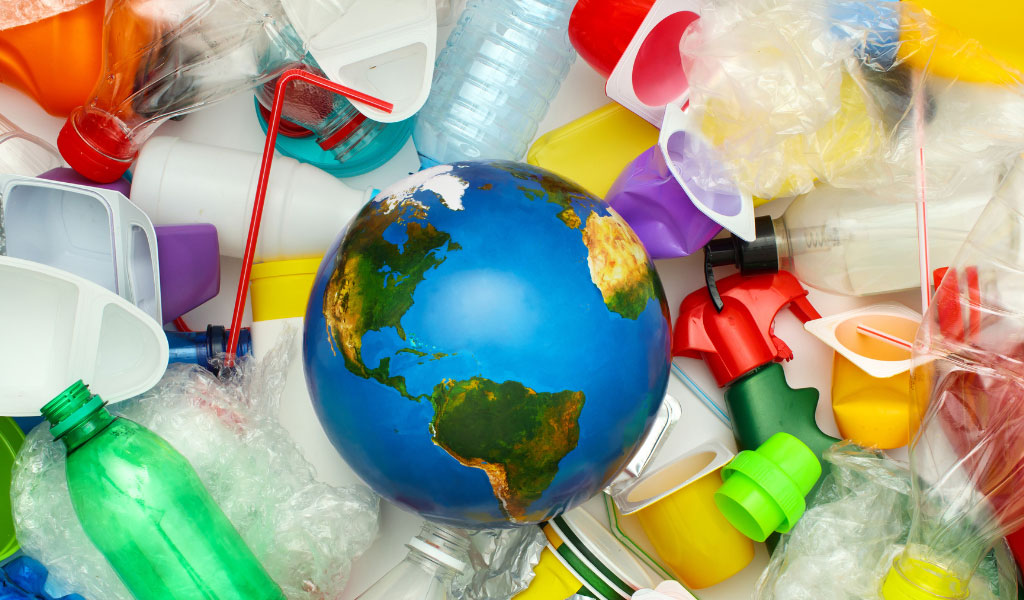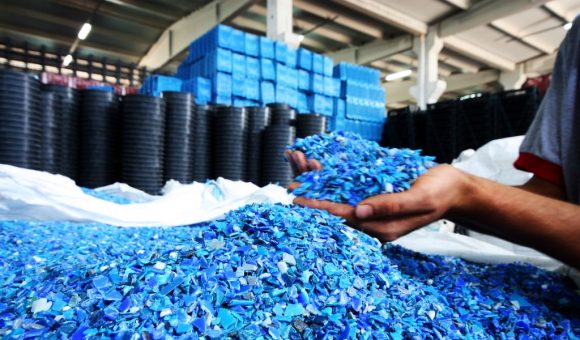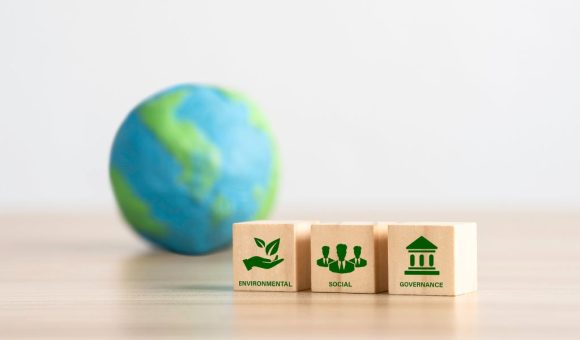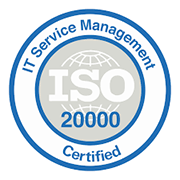Increasingly extensive regulations on plastic waste management are forcing companies to adopt effective management systems. At i3s we offer SAP EHS & EHSM solutions solutions designed to meet challenges such as the new plastic tax.
The excise tax on non-reusable plastic packaging represents just the tip of a regulatory iceberg in favor of the green transition. By reducing single-use plastic in our economy, public agencies aim to consolidate a type of circular economy that abandons the linear practice of produce-use-throw away.
These legislative steps require companies to commit to the European objectives. However, in order to do so, organizations must acquire technological tools and solutions to facilitate this adaptation.
The new SAP EHS & EHSM solutions from i3s respond to these basic needs of organizations, allowing even the smallest to operate within the established limits.
Beyond the 2023 plastic tax
The new plastic tax 2023 or excise tax on non-reusable plastic packaging is embodied in the Waste and Contaminated Soil Act for a Circular Economywhich came into force on January 1, 2023 and applies to non-reusable packaging.
However, this is not the only detail introduced by the legislation regarding plastic waste management. These are other variables that waste producers and managers have to face in their fight against climate change and environmental protection:
- Reduce the weight of waste generated by up to 15% by 2030 compared to 2010.
- Reduce the marketing of single-use plastic products by 70% by 2030 compared to 2022.
The following practices are prohibited:
- Introduction of single-use plastic products such as straws, cotton swabs, etc., on the market.
- Destruction of unsold surplus of non-perishable products.
The new regulation also establishes specific obligations for companies producing and managing waste:
- Regarding storage, packaging, labeling, preparation for reuse and recycling, as well as transport of waste for disposal and recovery.
- Regulation of authorizations for the production and management of waste.
- Extension of Extended Producer Responsibility (EPR), with express mention of the eco-design of products to reduce their environmental impact.
- Regulation of contaminated soils.
The management of plastic waste is becoming more and more exhaustive for companies. Organizations that, without a doubt, now more than ever, need a reliable partner for the implementation and maintenance of IT systems capable of supporting them on this path.








